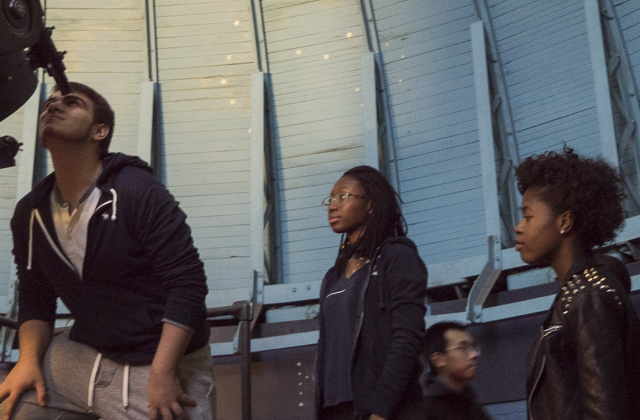Neil Shneider

My commitment: Understanding the mechanisms that cause ALS and identifying targets for drug discovery
More than seventy-five years after Lou Gehrig died from ALS (amyotrophic lateral sclerosis), we still don’t know what causes the majority of cases, and no medication is available to treat this devastating disease.
Most ALS patients have no family history of motor neuron disease and, in these cases, various triggers—including environmental toxicants, trauma, inflammation, and infection—have been explored over the years. While all of these may play some role in the onset or progression of motor neuron degeneration, none seem to have a primary role in the disease. The only known cause of ALS is genes and, in approximately 10 to 15 percent of cases, ALS is associated with a mutation in one of a growing number of genes, serving a variety of distinct molecular and cellular functions. The central question for the field is: how is it that a mutation in any one of these genes could cause a stereotyped disorder like ALS?
Discovering and understanding the mechanisms of disease common to these genetic forms of ALS—and the related disorder, frontotemporal dementia (FTD)—is the major focus of my lab. Our work involves the generation and characterization of mouse models of the disease in which ALS-causing mutations from patients are introduced into the mouse genome. We then use these models to find pathways that contribute to motor degeneration and to identify targets for drug discovery.
Recent developments in genetics, in molecular medicine, and in stem cell technologies make possible a rational approach to the treatment of ALS. Our growing understanding of the biology of the disease will undoubtedly lead to the discovery of novel therapeutics that will make a meaningful difference in the lives of our ALS patients and their families.
Keep up with Columbia University Medical Center: 



